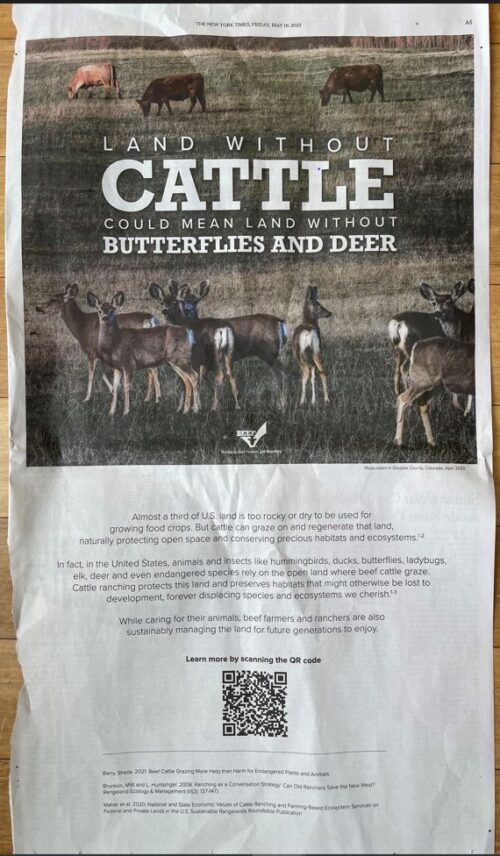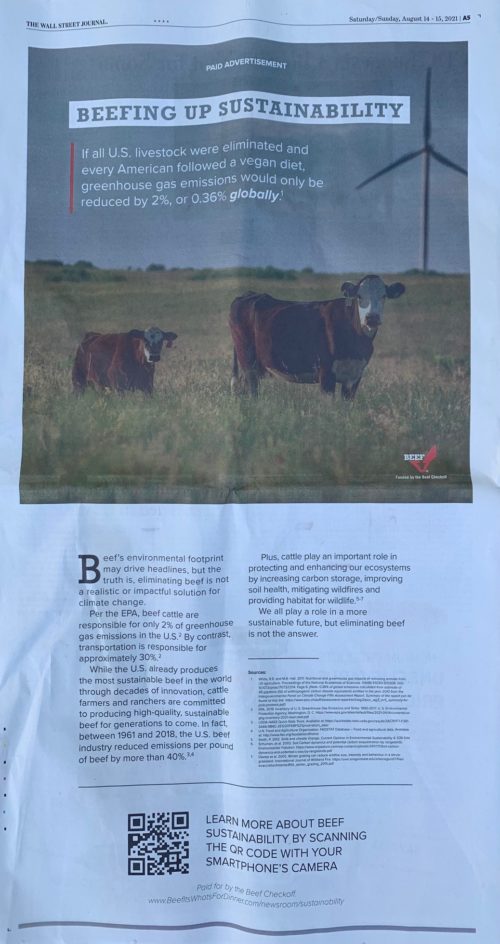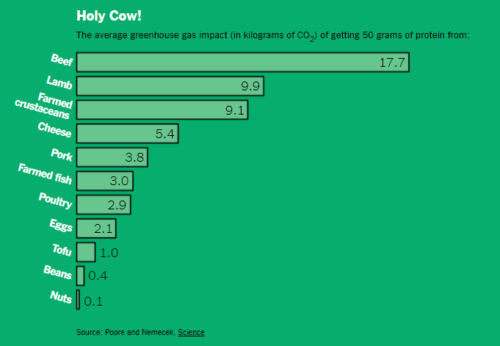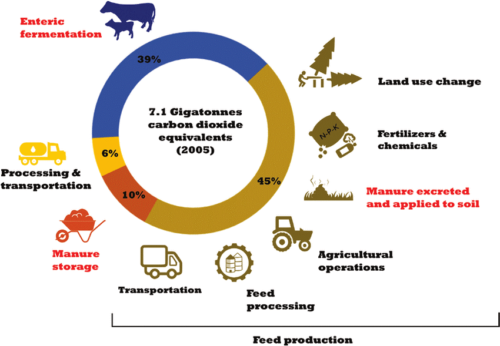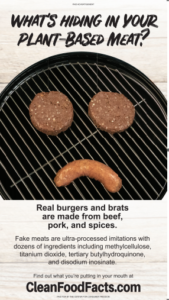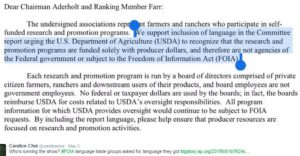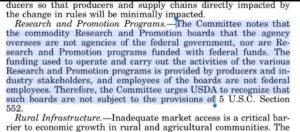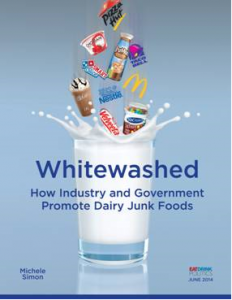Industry funded study of the week: the Pork Checkoff and Egg Board in action
Thanks to a reader, Kevin Mitchell, for sending this news item: Animal vs. Plant Protein: New Research Suggests That These Protein Sources Are Not Nutritionally Equivalent.
Scientists found that two-ounce-equivalents (oz-eq) of animal-based protein foods provide greater essential amino acids (EAA) bioavailability than the same quantity of plant-based protein foods. The study challenges the Dietary Guidelines for Americans (DGAs) which suggest these protein sources are nutritionally equivalent.
I went right to the source.
- The study: Connolly G, Hudson JL, Bergia RE, Davis EM, Hartman AS, Zhu W, Carroll CC, Campbell WW. Effects of Consuming Ounce-Equivalent Portions of Animal- vs. Plant-Based Protein Foods, as Defined by the Dietary Guidelines for Americans on Essential Amino Acids Bioavailability in Young and Older Adults: Two Cross-Over Randomized Controlled Trials. Nutrients. 2023; 15(13):2870. https://doi.org/10.3390/nu15132870
- Objectives: We assessed the effects of consuming two oz-eq portions of pork, eggs, black beans, and almonds on postprandial EAA bioavailability in young and older adults.
- Methods: We conducted two investigator-blinded, randomized crossover trials in young (n = 30; mean age ± SD: 26.0 ± 4.9 y) and older adults (n = 25; mean age ± SD: 64.2 ± 6.6 y). Participants completed four testing sessions where they consumed a standardized meal with two oz-eq of either unprocessed lean pork, whole eggs, black beans, or sliced almonds.
- Conclusions: Pork resulted in greater EAA bioavailability than eggs in young adults (p < 0.0001), older adults (p = 0.0007), and combined (p < 0.0001)… The same “oz-eq” portions of animal- and plant-based protein foods do not provide equivalent EAA content and postprandial bioavailability for protein anabolism in young and older adults.
- Funding: This research was funded by the Pork Checkoff and the American Egg Board—Egg Nutrition Center. The supporting sources had no role in study design; collection, analysis, and interpretation of data; writing of the report; or submission of the report for publication.
- Conflicts of Interest: When this research was conducted, W.W.C. received research funding from the following organizations: American Egg Board’s Egg Nutrition Center, Beef Checkoff, Pork Checkoff, North Dakota Beef Commission, Barilla Group, Mushroom Council, and the National Chicken Council. C.C.C. received funding from the Beef Checkoff. R.E.B. is currently employed by Archer-Daniels-Midland (ADM); the research presented in this article was conducted in a former role and has no connection with ADM. G.C., J.L.H., E.M.D., A.S.H. and W.Z. declare no conflict of interest. The funders had no role in the design of the study; in the collection, analyses, or interpretation of data; in the writing of the manuscript; or in the decision to publish the results.
Comment: It is very much in the interest of the Pork Checkoff and the Egg Board t,o demonstrate that animal-source food protein is better for you than proteins from plant sources—and to cast doubt on any evidence to the contrary. Proteins, whether from animal or plant sources, contain precisely the same 20 amino acids, although in different proportions. Animal proteins are closer in amino acid composition than are plant proteins but if you eat a variety of plant foods you will get the amino acids you need. People who eat largely plant-based diets are generally healthier than people who eat a lot of animal-based foods. The conclusion of this study does not change that overall conclusion. This, then, is another industry-funded study with predictable results.

